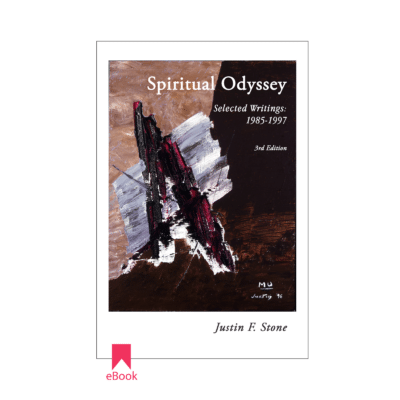
To differentiate wisdom (Prajna) and consciousness (vijnana or chit) is difficult. When the mind is obscured by habitual thoughts, it may be referred to as consciousness. When the obscuring habitual notions are dispersed, it can be called Prajna or inherent wisdom.
Acting from Prajna is natural and constructive. Because Zen teachers want students and monks to react spontaneously, they stress Prajna. Acting from ordinary obscured Consciousness can bring suffering.
When Prajna (inherent wisdom) operates, we can understand:
From the State of Emptiness
Man’s body is a body pervading the Universe,
Man’s voice is a voice filling the Universe,
Man’s life is a life without limit.
– Lotus Sutra
When one lies, tells half-truths or rationalizes for self-enhancement, this completely obscures the Prajna. Such a person cannot expect to act from Prajna or live a spiritual life. Particularly is this so when one lies to oneself about motives and actions. Huineng stressed that one must have a “straightforward mind,” and this is not easy when it conflicts with ambition or desire. Self-discipline demands that we see things as they are, not the way we want them to be or the way they appear to deluded thinking.

